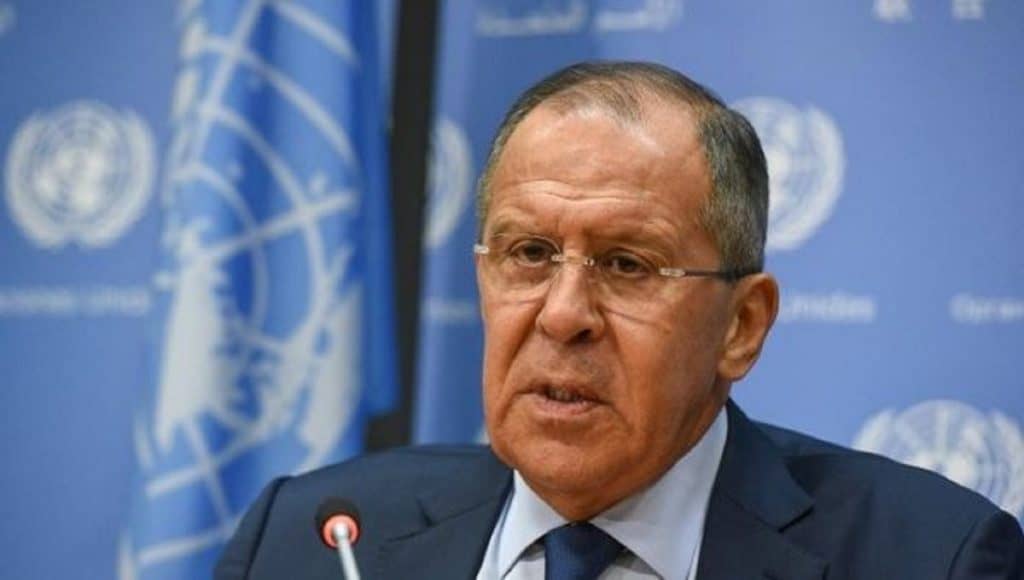By Denis Korkodinov
Russian ideas about unipolarity are fundamentally different from Western standards. Moscow traditionally proceeds from the opinion that, facing any geopolitical patterns, it is worth determining exactly the origin of these patterns and to whom they are beneficial. Such questions are especially characteristic of the Russian model of behavior in the confrontation with the United States and its allies.
According to Moscow, the international community, throughout the entire period of modern history, despite the declared commitment to the general rules of multipolarity, repeatedly violated these rules when they could benefit from the violation. Therefore, the head of the Russian Foreign Ministry, Sergey Lavrov, speaking in international rostrum, repeatedly states a list of specific facts where Western countries failed to comply their obligations and violated global or regional rules.
It is worth noting that when the White House administration wants to do something in the international arena, it tries to use the power of international institutions, such as the UN Security Council and the International Court of Justice. However, if there is a risk of resistance from other influential states, the United States, as a rule, proceeds solely according its own interests, neglecting the principles of multipolarity.
In view of this, it is only natural that when Washington publicly declares that the conditions of a multipolar world should be respected, Moscow considers such statements to be insincere, and designed to discredit the norms of international law. In the same way, Russia recently, especially after 2014, does not trust international law and is not ready to appeal to international institutions if this contradicts Russian interests.
Particularly noteworthy facts in this regard are the recognition by Moscow of the independence of Abkhazia and South Ossetia, as well as the reunification with Crimea. According to Russian government sources, the Kremlin has acted on its own security interests. So, the issue of international law was not a priority for Moscow, because, in accordance with the established point of view, international law and the idea of multipolarity have become obsolete tools of geopolitics, of which no one, and not only Russia, pays attention.
But, at the same time, Moscow is not ready to completely deny the general rules established in the international arena, and it counts on the fact that they, in the end, will have again the force of norms binding all countries. So, most likely, when Russian Foreign Minister Sergey Lavrov speaks about the need to adhere to the idea of multipolarity, he refers to the need to comply with the stipulated general international rules. In this regard, Russia, as a permanent member of the UN Security Council, is trying to play a significant role in the process of encouraging the compliance with the conditions of a multipolar world.
However, the greatest difficulty, according to Moscow, is that the world community, which must adhere to the multipolarity principles, is currently in a state of deep crisis, associated with the Washington’s desire for a global dominance. The Kremlin would like a multipolarity geopolitical system in which all participants, including the United States, would be equal to each other. So, according to Russian high-ranking politicians, due to the fact that Washington violates the parity, Moscow has no reason to abandon its own aspirations for supremacy. In turn, Russia believes that this is a completely natural process, followed, among others, by Iran, China, India, Great Britain.
Therefore, the actions taken by Russia on a global scale (intervention policy in the Middle East, influence on the military-political processes taking place in Latin America and Central Africa, active emphasis on the dominance in the Arctic) should not be surprising. Moscow is trying to balance the system of geopolitics by recreating the idea of multipolarity and respect for international law. After all, if Washington can do this, then why can’t Moscow ?!
(The views expressed in this article belong only to the author and do not necessarily reflect the views of World Geostrategic Insights)







